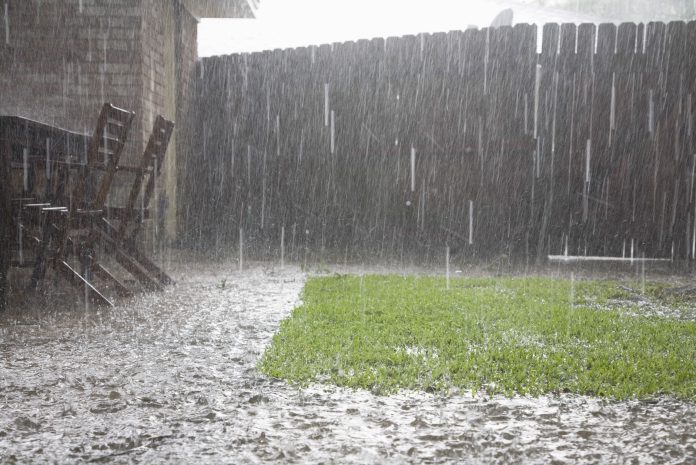Summer is around the corner and that could mean torrential rainstorms like last year’s record-setting deluge in Toronto, which caused an estimated $1 billion-plus in damage and left many homeowners with a frightening mess to clean up.
More intense storms are just one of the many faces of climate change, according to climate scientists, and Ottawa is hardly immune to violent weather, as we know from the tornadoes, the 2022 derecho and other calamities that have swept through our region.
With that in mind, here are some tips for protecting the home you love from excessive rain. You should get started on these things now, because when it’s too late, it’s too late.
Roof
A semi-annual inspection will alert you to missing or damaged shingles, faulty caulking and flashing that needs repair or replacement. Stay off the roof — it’s dangerous up there — and use binoculars to check. An occasional inspection by a professional roofer is a wise investment.
Gutters
Keep them free of debris and in good working condition so that water flows away from your foundation. That means regular inspection and cleaning, ensuring joints are solid, and that downspouts extend at least 120 centimetres (four feet) from your home, or further if your property is flat. You’d be surprised how often gutters can become blocked, particularly if there are a lot of trees around you. A word to the wise: unless you know what you’re doing with ladders, hire a pro for this job.
Window wells
The simplest way to keep rain out of window wells, where it could get into your basement, is to install clear plastic covers. They start at less than $40 at building materials stores. For full protection, make sure your window wells extend about 20 cm (eight inches) below basement windows and are kept clear of leaves and other debris. Bonus: covers keep wild animals, including skunks, from getting trapped in window wells.
Caulking
Check the caulking around windows and doors in the spring and fall. It helps keep water outside your home and reduces outside air infiltration that increases your heating and cooling costs. Replacing caulking is an easy DIY task when you know how (again, be safety conscious if using a ladder).
Grading
Correct grading is essential for runoff. That’s especially so with a recently constructed home, where backfill around the foundation can settle, which may lead to water flowing toward your foundation instead of away from it. The correct grading for a home is a drop of two to seven cm (three inches) for every three metres (10 feet).
Basements
The sump pump protects your home by pumping water that could accumulate in your basement or crawl space into a drainage area outside the home. Test the sump pump every three to four months (YouTube is a great how-to source for DIY tasks like this one) and keep it clear of mud and debris. Some experts recommend a battery-powered backup pump in case yours fails or a power outage occurs during a bad storm.
Basements
Don’t store valuable items in the basement even if you’ve taken all the flood-avoidance precautions. Make sure you have a backwater valve to prevent city sewers from backing up into your home if the sewage system becomes overwhelmed in a storm. The City of Ottawa offers financial assistance to eligible homeowners to install a valve and other protective devices through its Residential Protective Plumbing program.
Storm drains
If you have a municipal storm drain or catch basin in front of your property, keep it clear of debris and check it for blockage after an intense storm. It is an essential part of the city’s stormwater management system and helps protect both you and your neighbours from damaging rainfalls. Cities generally have too many drains to keep them all clear all the time, so lending a helping hand is part of being a good citizen and helps protect your own property.
More ideas
There are other things you can do to mitigate intense rainfalls. They include replacing paved driveways — which prevent the ground from absorbing excess water — with permeable ones, installing rain barrels (great for watering your garden when dry weather returns) and creating rain gardens to absorb excess water. For more on rain gardens, check ecologieottawa.ca.
The City of Ottawa’s Rain Ready Ottawa rebates program offers financial assistance to eligible homeowners for water mitigation, including rain gardens and permeable pavement.
Being proactive can protect your home against damaging summer rainstorms.
Anita Murray and Patrick Langston are the co-founders of AllThingsHome.ca, Ottawa’s go-to resource for homeowners and homebuyers.
